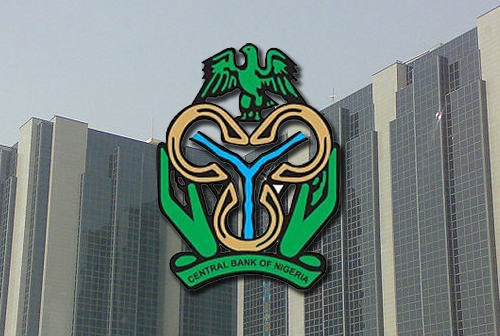
 The ongoing publication of the names of chronic bank debtors in some national dailies is generating debates, with opinions sharply divided on the benefits of the ‘naming and shaming’ campaign. Already, some of the named ‘debtors’ have strongly denied owing the banks and have threatened to sue the banks and newspapers that published their names for libel.
The ongoing publication of the names of chronic bank debtors in some national dailies is generating debates, with opinions sharply divided on the benefits of the ‘naming and shaming’ campaign. Already, some of the named ‘debtors’ have strongly denied owing the banks and have threatened to sue the banks and newspapers that published their names for libel.
The publication of the debtors’ lists, which commenced last week in compliance with a directive from the Central Bank of Nigeria (CBN), covered individual and corporate customers, as well as the directors of organisations which have defaulted in loan repayments for a period of at least one year. Penalties for such loan defaulters, the CBN circular dated April 22, 2015 said, will include the banning of such individual and corporate debtors from the official foreign exchange (forex) and government securities markets. Among the issues raised on this matter is whether the naming of the debtors has not infringed on the expected confidentiality in customer-banker relationships.
Another question pertains to the observance, or otherwise, of due diligence by the banks in their efforts to recover the bad loans. Some stakeholders have also been asking if this naming of serial bank debtors is, indeed, the best way to recover the loans.
The anxiety over increasing Non-performing Loans (NPLs) in the country is quite understandable. The volume of the bad debts, put at over N400 billion, informed the naming campaign, in the hope that it will force the debtors to either pay their debts, or enter into negotiations with the banks for the rescheduling of the facilities. It is clear that commercial banks in the country are facing numerous challenges. Already, half year results of many of them show weak profit growth amid a struggling economy.
Many of the affected banks have reported loan losses ranging between 239 percent and 449 percent. What this indicates is that the banks may exceed the CBN’s 5 percent maximum bad debt ratio, if the spiraling bad debts are not checked. The check is necessary if the debts are not to seriously affect the liquidity and solvency of the banks and, ultimately, the economy.
We recognise the fact that banks bear a certain degree of risk when they lend to their customers. But, this is not an excuse for debtors to fail to repay loans as agreed with their bankers. Failure to repay loans put banks in harm’s way and place shareholders’ funds at risk. We, therefore, urge the debtors to make haste to either pay or negotiate the rescheduling of the loans to avoid the kind of situation that led to the sack of some bank chief executives and the takeover of their institutions by the Assets Management Corporation of Nigeria (AMCON) in 2009. Beyond this, it is necessary for the CBN to properly think out the ongoing publication of debtors’ names. The unintended fallout of the exercise, such as denials and threats of court action by some of the debtors, could cost some of the banks their high-profile customers.
The corporate image of the banks will also be negatively affected on account of their failure to ensure due diligence before publication. But, it remains a serious concern that, wittingly or unwittingly, the confidentiality which is the cutting-edge in customer-banker relationship has been irreparably damaged in the bid to “name and shame” the debtors.
This is because the success of any bank depends partly on customers’ confidence. In all the controversies that have trailed the ongoing publication of the lists of the debtors, we believe that the banks have a share in the blame.
Some of the banks have laissez-faire lending procedures that some customers may have taken advantage of. These include inattention to loan policies, overly generous loan terms and lack of clear standards, disregard of banks’ own policies and poor supervision of loan administration personnel. Other self-inflicted problems of the banks include lack of understanding of borrowers’ cash needs, poor systems for detecting potentially bad loans, and out-of-market lending.
All of these may have contributed to the rise in the credit losses, and the adverse consequences on the stability of the financial system. The question now, however, is what happens after the “naming and shaming” campaign. The due process of the law still needs to be followed to recover these loans. Going forward, there should be tighter administration of the lending process to reduce the incidence of bad loans. There ought to be written loan policies that must be strictly enforced, if the banks are not to collapse under the weight of delinquent facilities.
Henceforth, loan defaulters, especially corporate customers, should have their names sent to credit rating agencies, and blacklisted. Altogether, we advise the CBN and the banks to tread cautiously on the current exercise to avoid unintended consequences for the debtors, the banking industry and the economy
END


Be the first to comment